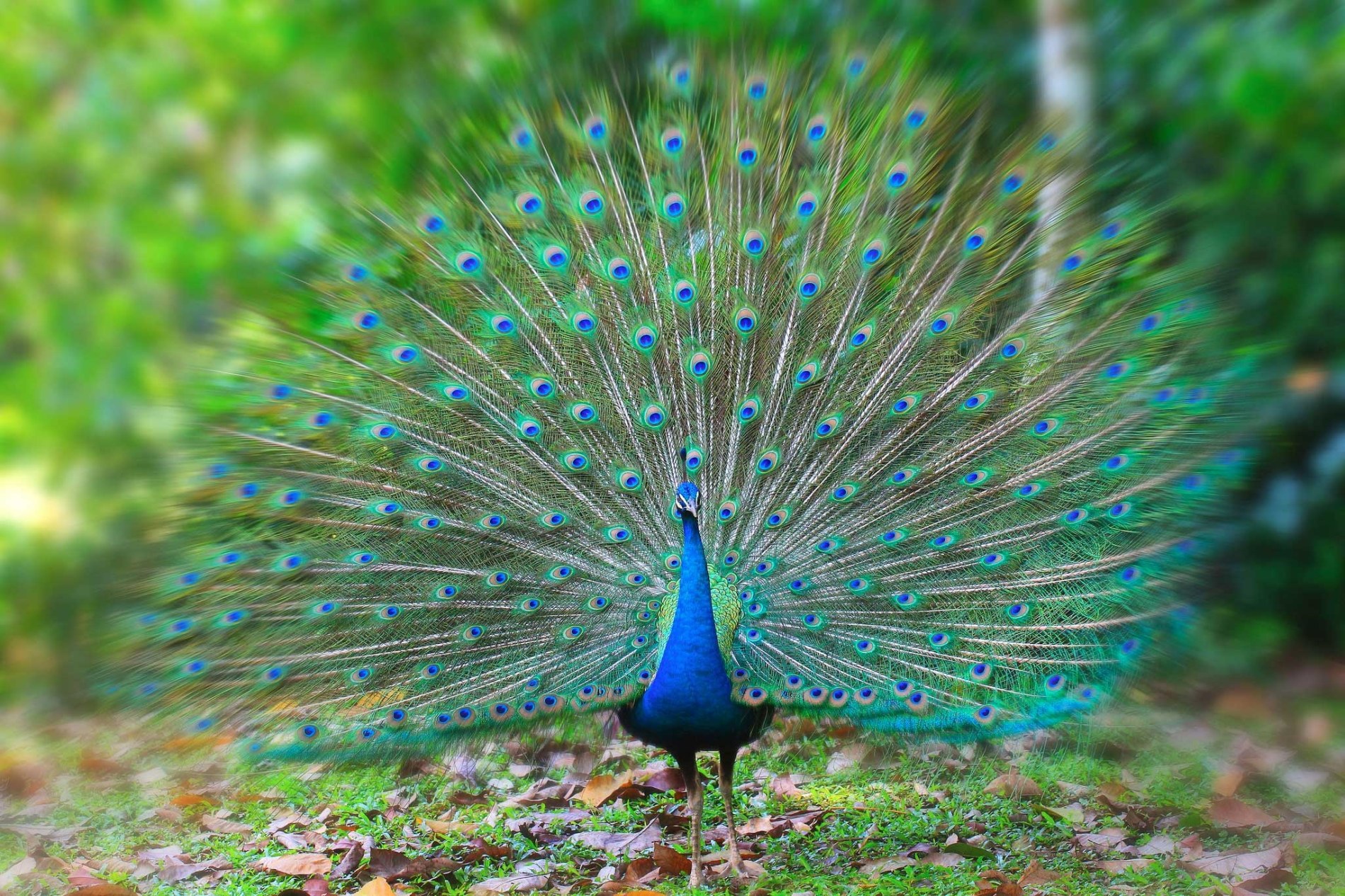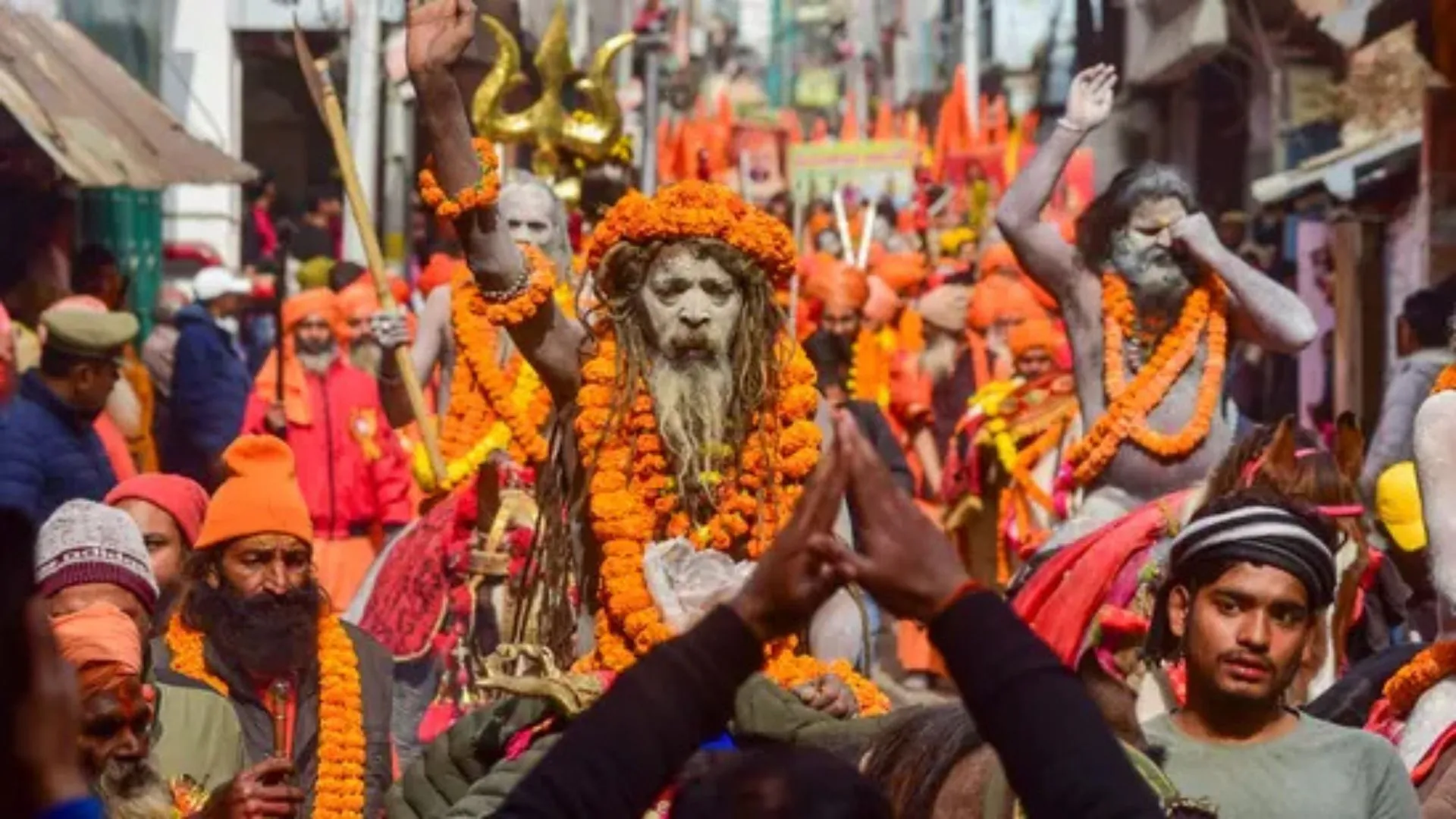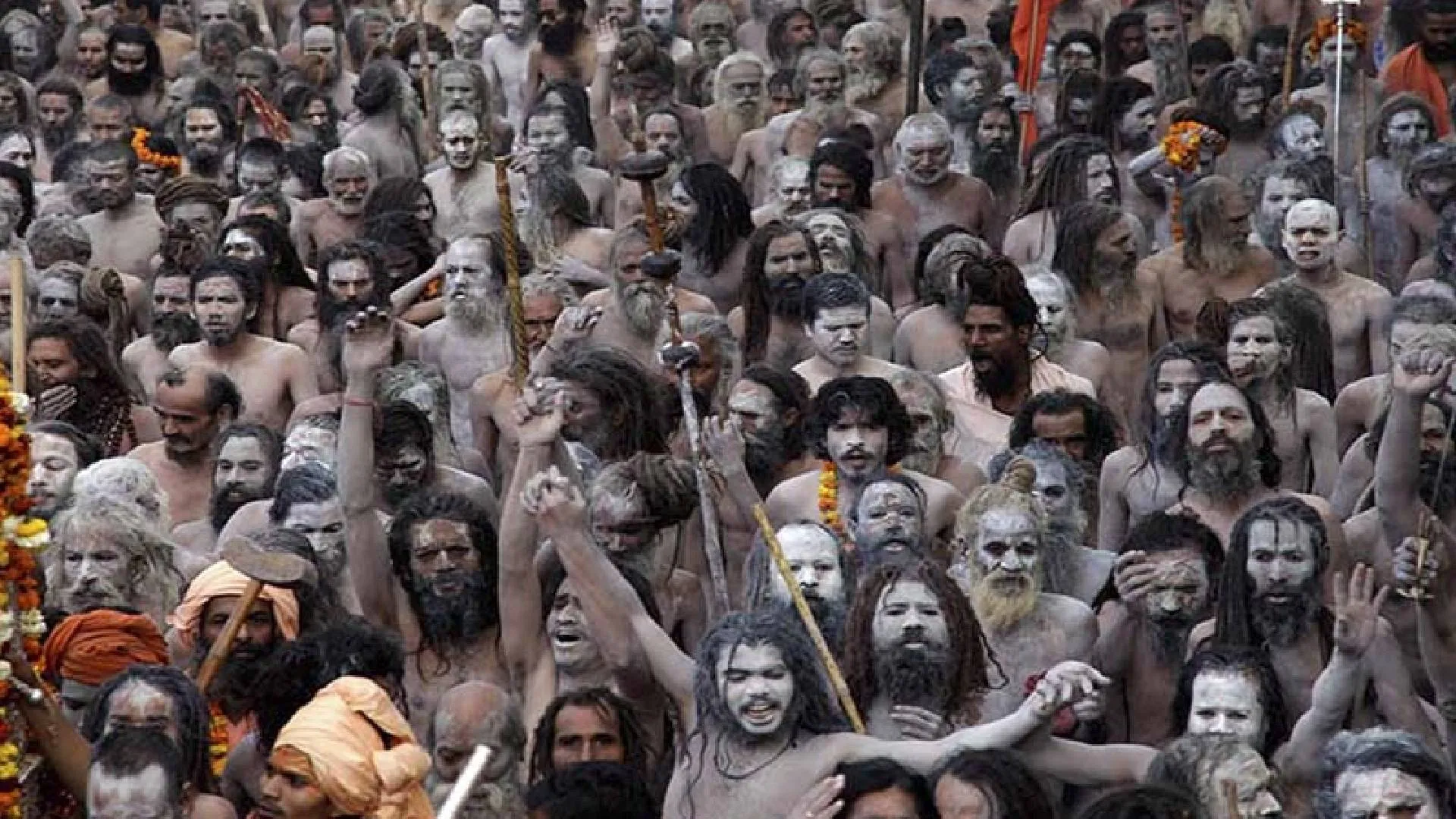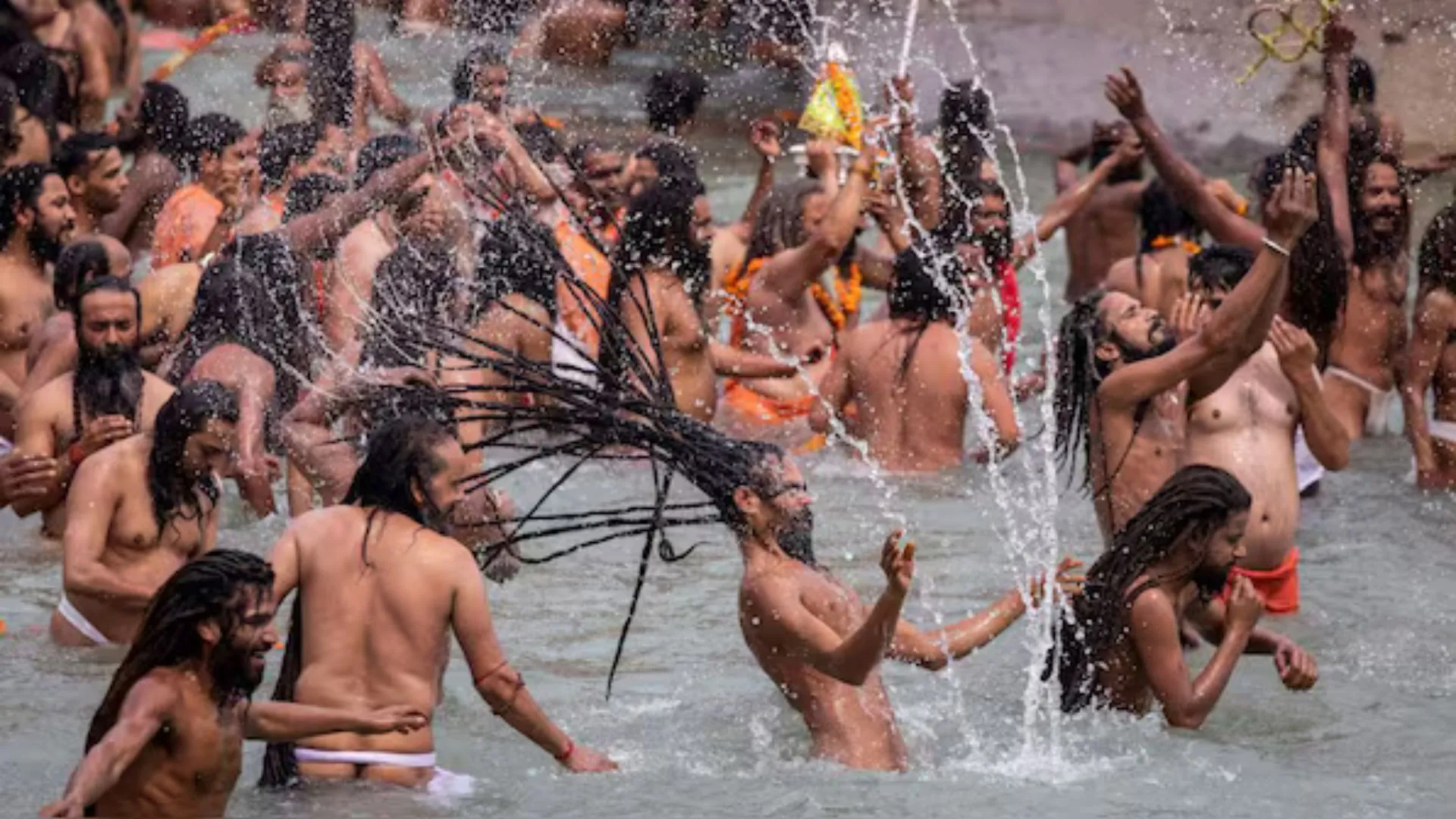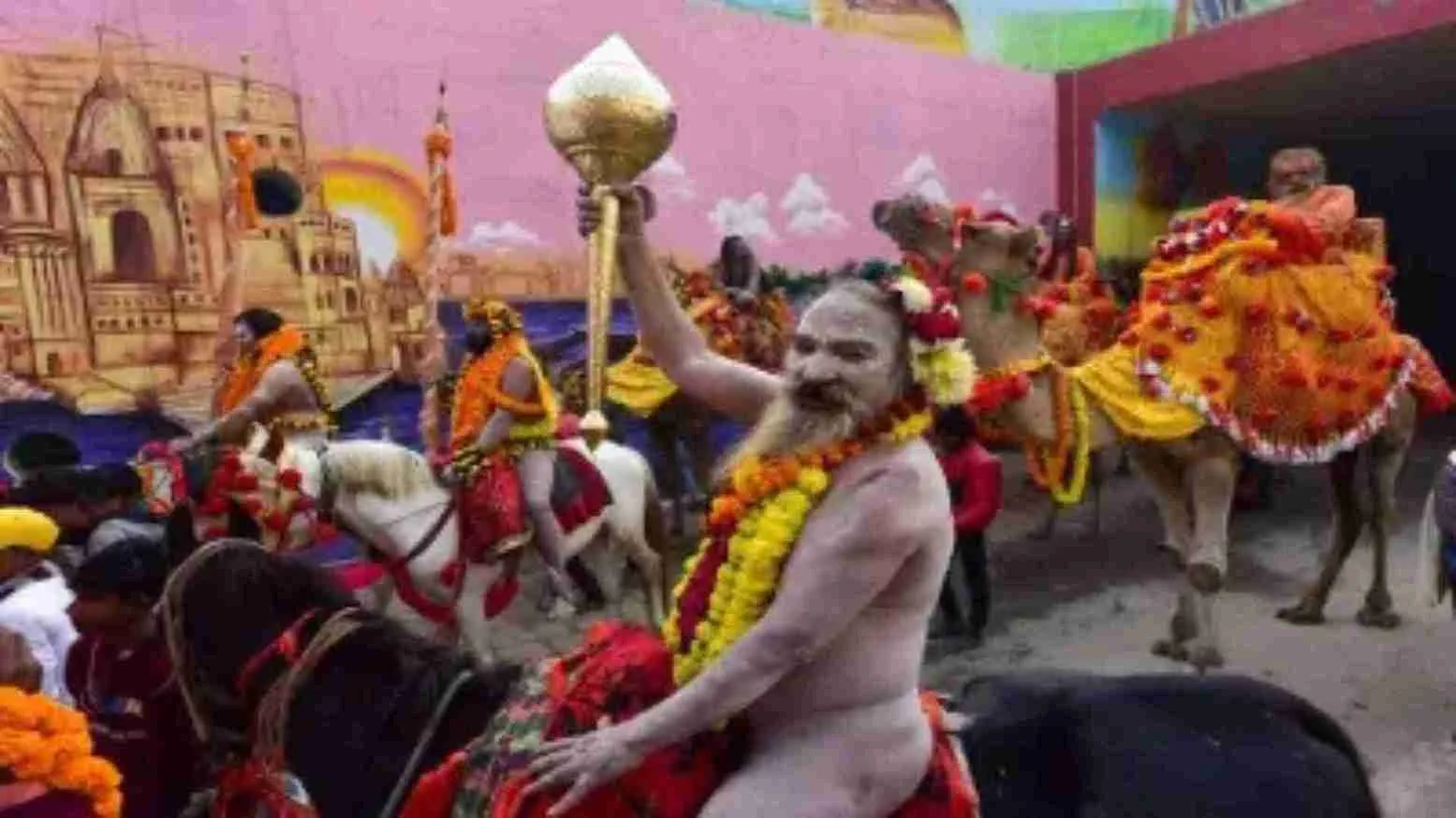There are a few practitioners who love to boast about their knowledge of various spiritual practices. They will often pontificate on different techniques. These ‘spiritual peacocks’ strut about feeling important while talking about their experiences with some obscure meditation method or their encounters with some well-known gurus, or even which famous celebrity follows them. These people are simply name-droppers in the spiritual ‘supermarket’. They have no real spiritual experience at all. They love quoting scripture and even from management books. They run after techniques and gurus as if they are collectibles. They feel special when they announce a dream where they met some advanced being, or when they quote the wise words spoken by some guru or, from some scripture, with theatrics, trembling voices, high drama and special effects, in front of a gullible audience. Just like parrots that repeat words they do not really understand, such people spout pearls of wisdom that they do not have direct realisation or intrinsic spiritual understanding of. There are many dramatic and entertaining ‘happiness coaches’ with large social media followings who have never actually practised the techniques they propound. They scour the web for content that can tickle the fancy of their followers for 30 seconds, and then, move on to the next sensational topic post haste. In today’s instant gratification based virtual world, fan followings are easy come, easy go. Be aware that no one can eat your candy for you. Similarly, no one can bestow you with enlightenment. Even the greatest teachings of sages and masters are second-hand knowledge- in fact, this kind of knowledge has been called ‘vomit’ in one of the Upanishads. One must rely on direct experience and personal realisation alone. One must also be very careful of the holier-thanthou and upright ones, who are blinded by themselves and are overly confident of their own righteousness, looking down on everyone else. They are like the Pharisee from Jesus’s well-known parable, who stood by himself and prayed: “God, I thank you that I am not like other people – robbers, evildoers, adulterers – or even like this tax collector. I fast twice a week and give a tenth of all I get.” There is also a kind of ‘spiritual assassination’ that’s carried out by some pop-culture enthusiast sensation seekers, who love to talk about anything mystical, that has shock value, especially from obscure ancient books, that cannot be corroborated by science. They will talk of powerful mythical weapons, technology and magical beings, or show-off their so-called knowledge of scripture by quoting some obscure and archaic text, as if that were gospel truth. Sadly, such sensation seekers have absolutely no spiritual understanding and are desperate only for attention and material benefits that come out of this. There’s another pitfall which appears as the meditator seeks direct experience- when the ego is still hankering for recognition. This happens in the early stages of meditation practice when the seeker is still caught up in labelling and correlating with the experiences during meditation. However, many pseudoseekers remain stuck at this point itself- just so that they can ‘boast’ about these fascinating ‘bells and whistles’, so as to gain admiration, respect and material benefits from their equally pseudo social media fan followings that number in millions. Beware of this pitfall in your spiritual journey. One must remember that one’s practice gets diluted by announcing it. Keep your daily practice sacred and secret, and you shall benefit greatly from it. A subtle transformation occurs in a true seeker. Although there may not be any outward transformation, there’s considerable inner change.
The writer is the author of The Millennial Yogi. He can be contacted on deepamchatterjee@ yahoo.co.in

